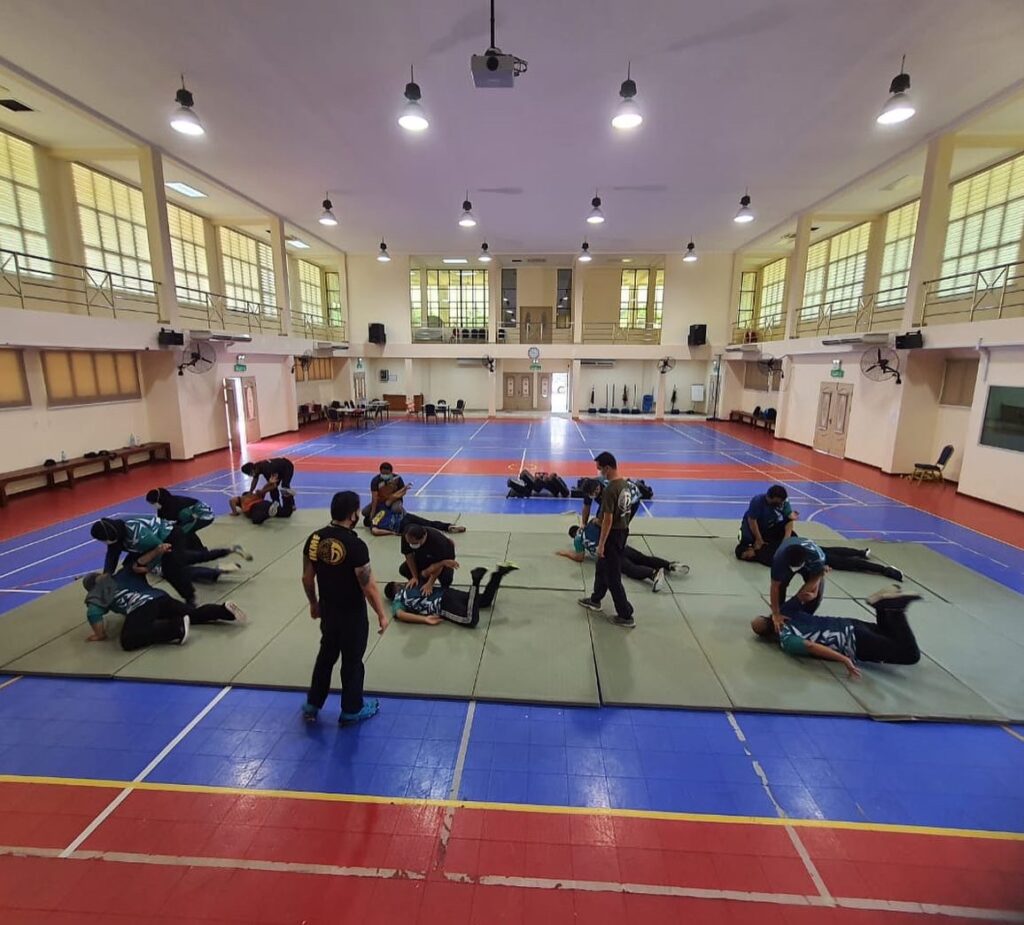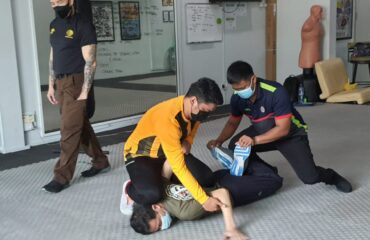
In security, the responsible and ethical use of force stands as a paramount concern. As guardians of public safety, security personnel must be equipped not only with the knowledge of when and how to use force, but also with the moral compass to ensure its appropriate application. This is where comprehensive training steps in as a guiding light.
Preventing Abuse and Excess: Training serves as a safeguard against the misuse and abuse of force. By instilling a deep understanding of the principles that underpin its use, security personnel are less likely to resort to excessive force in high-pressure situations. Training reinforces the concept that force is a tool of last resort, to be employed only when all other options have been exhausted.
Promoting Accountability and Responsibility: A well-structured training program emphasizes the importance of accountability and personal responsibility. Security personnel learn that their actions have far-reaching consequences, both for individuals and for the reputation of the organization. This awareness compels them to act with restraint and professionalism, even in the face of provocation.
Fostering De-escalation Skills: A key facet of training lies in equipping security personnel with de-escalation techniques. These skills empower them to defuse potentially volatile situations through effective communication, empathy, and active listening. De-escalation not only prevents the need for force but also showcases a commitment to peaceful resolution.
Building Trust and Community Relations: By demonstrating a mastery of ethical use of force, security personnel contribute to building trust within communities they serve. The public is more likely to cooperate with officers who prioritize their safety and rights. This symbiotic relationship between security personnel and the community they protect strengthens overall safety measures.
Adapting to Evolving Challenges: Training also ensures that security personnel stay up-to-date with evolving best practices and legal standards. As societal norms shift, training programs must evolve to address emerging challenges, such as addressing bias and cultural sensitivity.
In the grand tapestry of security, training threads the needle that stitches together ethical conduct, professionalism, and public trust. It transforms security personnel into not just enforcers of rules, but stewards of safety, compassion, and justice. Ultimately, investing in training is an investment in a more secure, equitable, and harmonious society for everyone.
By – A community message, CCB Academy


